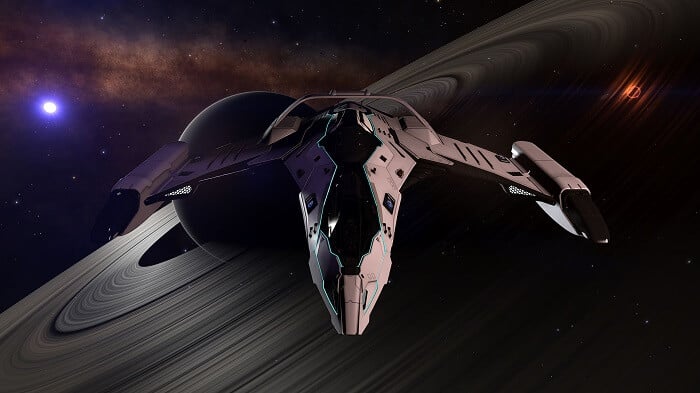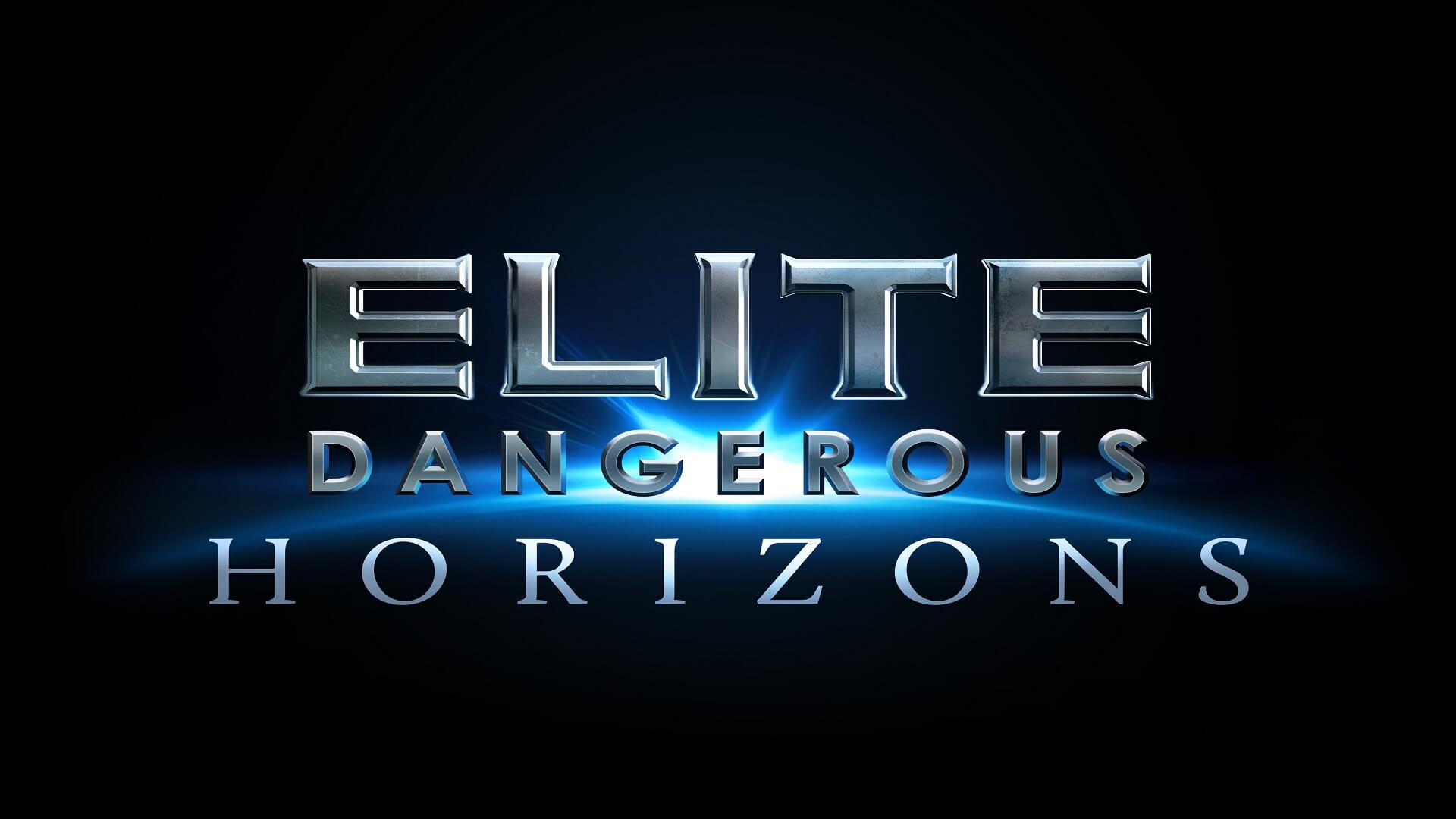Title: Elite Dangerous: Horizons
Available On:
Developer: Frontier Developments
Publisher: Frontier Developments
Genre: Space-Flight Simulator
Official Site: https://www.elitedangerous.com/en/seasons/
Release Date: December 15, 2015
Version Reviewed: PC
Where To Buy: Steam,
Elite Dangerous: Horizons is the first major expansion for the space flyer sim Elite: Dangerous. How exactly does this expansion make the base game even better? It adds in planetary landings. This allows for more exploration of what is already a vast map. The expansion takes everything that I loved and just adds more to it. Let’s an in-depth look at the new expansion.
Frontier Developments has also now renamed Elite: Dangerous into Elite Dangerous: Horizons. Horizons will cover what will be the next few mini-expansions. Players can look forward to planetary landings (which is what this review primarily covers), crafting, multi-crew ships, and commander avatar creation.
[embedyt] https://www.youtube.com/watch?v=VKWIJ-H-WxI[/embedyt]
[gap height=”15″]
First off, if you were already familiar with Elite Dangerous, then you should feel right at home with the Horizons expansion. Players can still do the same jobs that range from trader to pirate. The miners will definitely feel more right at home in Planetary Landings since the SRV now allows for more options to gather resources and sell them to the different outposts. Even though many people might say that the base game was lacking in content, there is still plenty to do in the game. You get what you give with Elite Dangerous.

The gameplay in Elite Dangerous: Horizons mostly remains the same except for the introduction of the SRV (Surface Reconnaissance Vehicle). The SRV allows players to approach planets and begin to land on them. In order to use the SRV, players must purchase the “Planet Approach Suite.” This suite adds the augments needed for your ship’s thrusters in order to decelerate and land on the planet. The SRV takes up a hangar slot in your ship. Players will have to change around their loadout if they want to use the SRV.
Landing on planets is a pretty involved process. As you approach a planet, it stops being an astronomical body and becomes an environment. As this happens, the game never changes from one mode to another. The landing is actually seamless as it happens. Your HUD changes to match the horizon on the planet and your ship begins to feel more like an aircraft. The feeling is really even more present as you look at the ground on the planet and can tell that you are slowing down to match the rotation of the planet.
The sound in the game is still hauntingly familiar as you fly through space. The chirps and beeps of your ship remind you that you are alone on your journey. The music that plays in the background only serves to add to that feeling. This isn’t a bad thing since players are usually more focused on one goal. The sounds and the music are simply there to compliment everything that is happening on screen. When players land on a planet, the SRV also sounds as one might expect. The hum of the engine and the crashing of the tires on alien worlds give the impression that you are really the on that world and exploring.
One thing that is really impressive is the lighting. Frontier Developments has put a lot of detail into making sure that each world and each system in the galaxy is appropriately lit as they should be. Combined with the dust and haze that come from the planets, the lighting becomes very moody and sombre. This tone perfectly matches the rest of the game.

On top of everything else, it might be safe to say that Frontier Developments is a company that listens to its community. Elite: Dangerous Horizons brings improvements to the game that was based on community feedback. One major change is an improvement to the HUD. Players now have a way to see more info about their journey along with a way to track faction and rank progression.
Horizons has brought some big changes to Elite Dangerous, but the game still suffers from one major issue that I had with the base game. I think the game could use a way to become more user-friendly in terms of flying. The gratification that one gets when they finally master the art of flying is nice, but the difficulty spike for it can turn some people off of the game. I did find a way to make the flying somewhat easier, but I had to dig into the options menu and play around with the settings.
Overall, Elite Dangerous: Horizons only adds to the fun of flying through space and exploring new planets. As a fan of the base game, I continue to look forward to what Frontier Developments has in store for Elite Dangerous: Horizons. I love the thought of flying through space and exploring the unknown. The addition of landing on planets only serves to add to my excitement as I continue my career as a commander in charge of a ship that is set to make its way into the far reaches of space.
- Gameplay: Space-flight sim with the steep learning curve for ships. SRV’s are a little easier to get used to.
- Graphics: Impressive lighting and details on planets. Ship design is also very good.
- Sound: Moody and somber music give the game an atmosphere, unlike many others.
- Presentation: The game is always played in a first-person perspective. This gives the feeling of being in control of your own ship.







